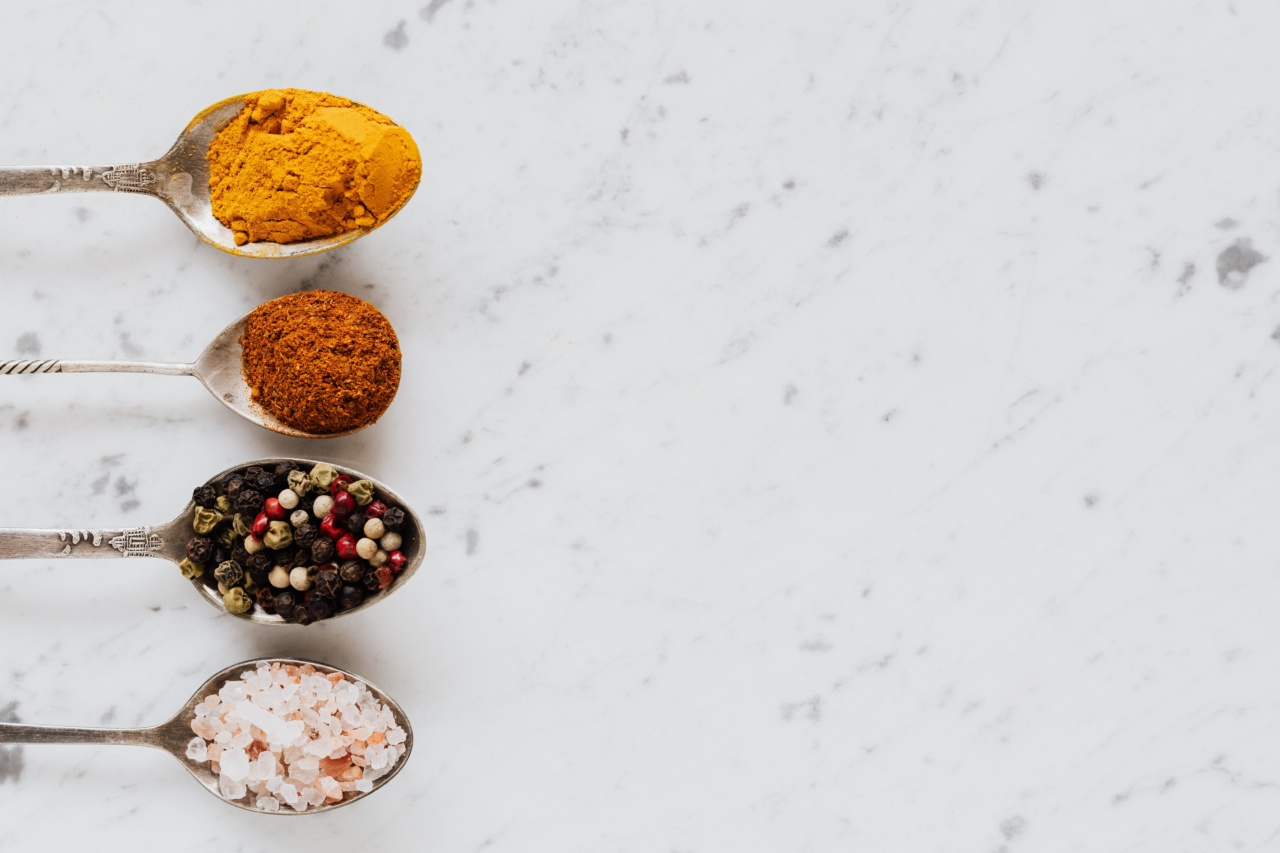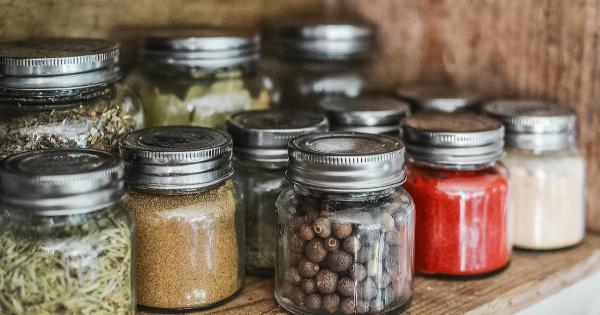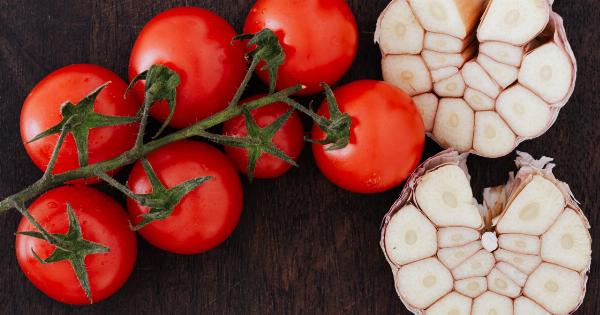Inflammation is a natural response of the body to injury or infection. However, chronic inflammation can lead to various health problems, including heart disease, diabetes, and autoimmune disorders.
While there are medications available to help manage inflammation, incorporating natural remedies into your routine can provide additional support and potentially reduce the need for pharmaceutical interventions.
Understanding Inflammation
Inflammation is the body’s attempt to protect itself as a response to harmful stimuli such as irritants, damaged cells, or pathogens. This protective response can result in redness, swelling, heat, and pain in the affected area.
Chronic inflammation, on the other hand, can occur when the immune system activates the inflammatory response for an extended period without the presence of a specific threat.
It can damage healthy tissues and contribute to the development of various diseases.
The Role of Diet in Inflammation
What you eat can significantly impact the inflammatory response in your body. Certain foods have been found to promote anti-inflammatory effects, helping alleviate symptoms and reducing the risk of chronic diseases.
One way to harness the power of inflammation-soothing ingredients is by creating a custom spice mix.
Combining different herbs and spices known for their anti-inflammatory properties can not only enhance the flavor of your meals but also provide potent health benefits.
The 13-Spice Mix for Soothing Inflammation
Here’s a 13-spice mix recipe designed to help soothe inflammation. Each ingredient is carefully selected for its anti-inflammatory properties and overall contribution to health:.
1. Turmeric
Turmeric is a golden spice widely renowned for its anti-inflammatory compound called curcumin. Curcumin has shown significant potential in reducing inflammation by blocking specific molecules that play a role in the process.
The spice also boasts antioxidant properties, which can help neutralize free radicals and reduce oxidative stress.
2. Ginger
Ginger contains various bioactive compounds that have been found to possess anti-inflammatory properties. These compounds, such as gingerol and zingerone, help inhibit the production of inflammatory substances in the body.
3. Cinnamon
Cinnamon is not only a delicious spice but also offers anti-inflammatory effects. It contains cinnamaldehyde, which has been shown to reduce inflammation and exhibit antioxidant activities.
4. Garlic
Garlic contains a compound called allicin, which exhibits anti-inflammatory properties. It has also been associated with reducing the risk of chronic diseases, including heart disease and certain types of cancer.
5. Cayenne Pepper
Cayenne pepper contains capsaicin, a compound responsible for its spicy flavor. Capsaicin has been shown to have anti-inflammatory effects by reducing the production of inflammatory substances.
6. Rosemary
Rosemary is an herb commonly used in cooking and holistic medicine. It contains rosmarinic acid, a compound that has demonstrated anti-inflammatory potential in various studies.
7. Oregano
Oregano is a versatile herb with potent anti-inflammatory and antioxidant properties. It contains compounds such as carvacrol and thymol, which have been associated with reducing inflammation.
8. Basil
Basil is not only a flavorful herb but also possesses anti-inflammatory effects. It contains essential oils, including eugenol and linalool, which have shown to inhibit inflammatory responses.
9. Cloves
Cloves are rich in compounds such as eugenol and flavonoids, which possess anti-inflammatory and antioxidant properties. They may help reduce inflammation and support overall health.
10. Black Pepper
Black pepper contains a bioactive compound called piperine, which has been shown to have anti-inflammatory effects. Additionally, piperine can enhance the absorption of other beneficial compounds, making it an excellent addition to this spice mix.
11. Thyme
Thyme is an herb known for its fragrant aroma and potent medicinal properties. It contains thymol, a compound that has demonstrated anti-inflammatory effects in various studies.
12. Parsley
Parsley is not only a popular garnish but also contains a range of beneficial compounds, such as apigenin, that possess anti-inflammatory properties. It can provide an additional layer of flavor and health benefits to your spice mix.
13. Sage
Sage is an herb with a rich history in traditional medicine. It contains rosmarinic acid, which has anti-inflammatory properties and can help support a healthy immune system.
Creating Your Spice Mix
To create your inflammation-soothing spice mix, combine equal parts of each spice. For example, if you choose 1 teaspoon of turmeric, you would add 1 teaspoon of each of the other spices listed. Mix the spices thoroughly to ensure an even distribution.
You can store the spice mix in an airtight container in a cool, dark place for up to six months. Consider labeling the container with the name and date of creation to keep track of freshness.
Using Your Spice Mix
There are numerous ways you can incorporate your 13-spice mix into your meals:.
– Sprinkle the mix onto roasted vegetables for a flavorful and anti-inflammatory side dish.
– Add it to soups and stews to enhance the taste while reaping the health benefits.
– Season your favorite proteins, such as chicken or fish, with the spice mix before cooking for a delicious and nutritious meal.
– Incorporate the spice mix into salad dressings or marinades to give your dishes an anti-inflammatory boost.
Remember to start with small amounts until you find your desired level of spiciness and adjust accordingly.
Conclusion
Incorporating a 13-spice mix into your cooking routine can be a simple yet powerful way to soothe inflammation.
By harnessing the anti-inflammatory properties of various herbs and spices, you can enhance the flavor of your meals while potentially reducing chronic inflammation and supporting overall health.



























